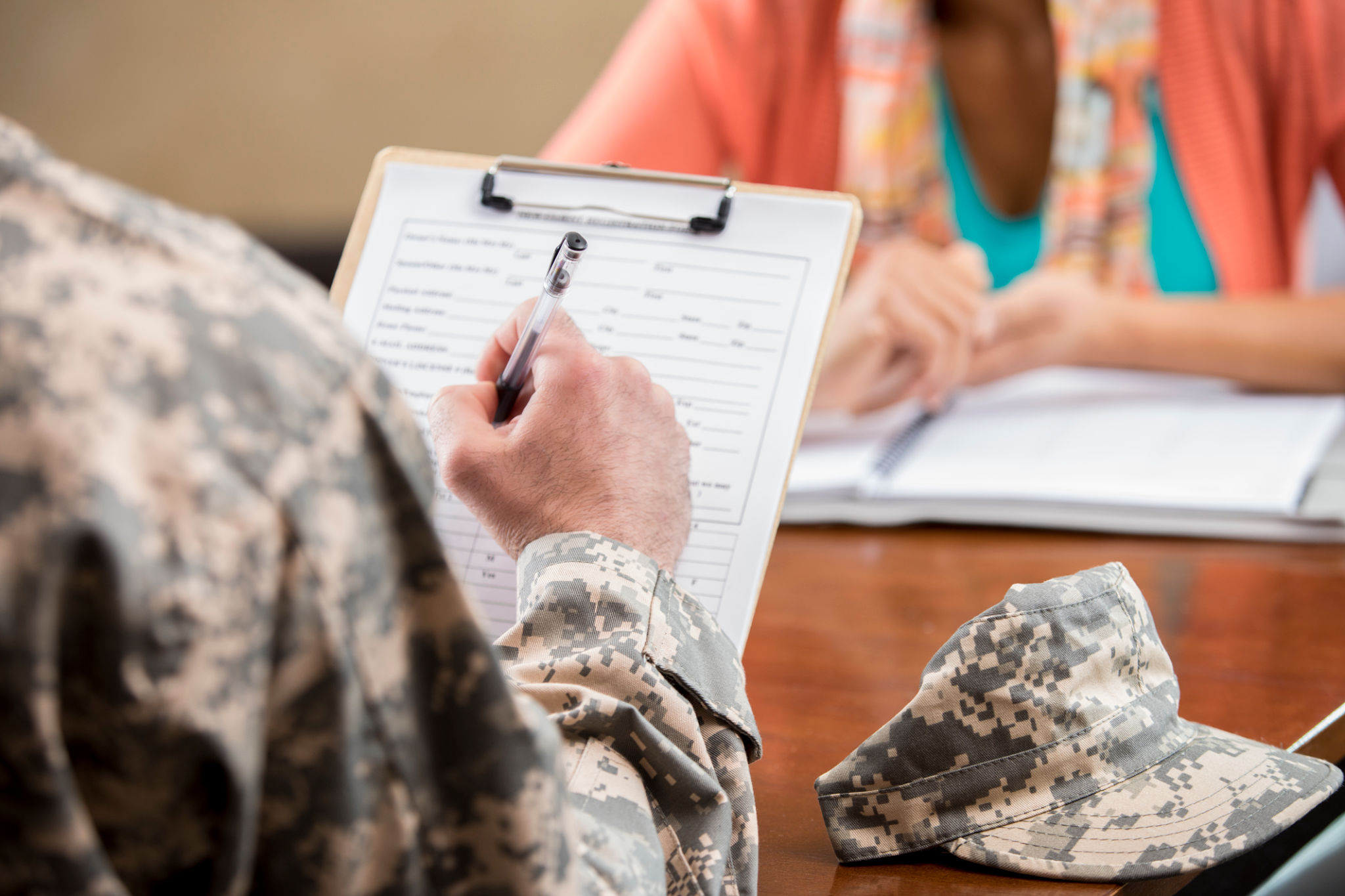Exploring the Impact of Blockchain Technology on Veteran Services
Understanding Blockchain Technology
Blockchain technology has emerged as a transformative force across various industries, promising enhanced security, transparency, and efficiency. By leveraging a decentralized ledger system, blockchain records transactions in a way that is both immutable and transparent. These features make it a compelling choice for sectors that require stringent data integrity and security.
In recent years, there's been a growing interest in exploring how blockchain can be applied to improve veteran services. This exploration is driven by the need to streamline processes, enhance data privacy, and ensure that veterans receive the benefits they deserve in a timely manner.

Enhancing Data Security and Privacy
One of the primary challenges faced by veteran services is maintaining the security and privacy of sensitive information. Blockchain offers a solution by providing a secure framework where data can be stored without the risk of unauthorized access or tampering. Each transaction or data entry is encrypted and linked to the previous one, creating a chain that is virtually tamper-proof.
This level of security is particularly beneficial for managing veterans' personal records, ensuring that only authorized personnel have access while maintaining an accurate history of all interactions. The decentralized nature of blockchain further ensures that no single entity has control over the entire dataset, reducing the risk of data breaches.
Streamlining Administrative Processes
Administrative processes in veteran services are often bogged down by bureaucracy and paperwork. Blockchain technology can streamline these processes by enabling automated verification and processing of claims. Through smart contracts—self-executing contracts with the terms of the agreement directly written into code—veterans' claims can be processed efficiently without the need for manual intervention.
For example, once a veteran submits a claim for healthcare benefits, the blockchain system can automatically verify eligibility and process payments based on predefined conditions. This reduces delays and ensures that veterans receive their benefits more quickly.

Improving Transparency and Accountability
Transparency and accountability are crucial elements in managing veteran services. Blockchain's inherent transparency allows all stakeholders, including veterans, service providers, and government agencies, to view transaction histories and verify data integrity. This openness helps build trust among all parties involved.
Furthermore, by utilizing blockchain for auditing purposes, it becomes easier to track how funds are allocated and spent within veteran services. This ensures that resources are being used effectively and aligns with the intended purpose of supporting veterans.
Facilitating Access to Services
Blockchain technology can also play a significant role in facilitating access to various services for veterans. By creating a unified digital identity on the blockchain, veterans can have a portable and verified identity that simplifies access to healthcare, education, and employment services.
This digital identity can include verified credentials such as military service records, educational qualifications, and employment history. With this information readily accessible via blockchain, veterans can more easily demonstrate their qualifications and access the services they need without unnecessary hurdles.

Challenges and Considerations
While the potential benefits of blockchain in veteran services are significant, there are challenges to consider. Implementing blockchain requires substantial initial investment in technology and training. Additionally, there must be careful consideration of privacy laws and regulations to ensure that sensitive data remains protected.
Moreover, widespread adoption of blockchain will depend on collaboration among various stakeholders, including government agencies, technology providers, and veteran organizations. It is crucial to foster an environment where these entities can work together to develop solutions that truly benefit veterans.
The Future of Blockchain in Veteran Services
The impact of blockchain technology on veteran services is still unfolding, but its potential is undeniable. As more pilot projects and initiatives are launched, we will gain a better understanding of how blockchain can be leveraged to address the unique needs of veterans.
Ultimately, by embracing blockchain technology, we have the opportunity to improve the efficiency, security, and transparency of veteran services, ensuring that those who have served their country receive the support they deserve. As this journey continues, it will be essential to remain focused on innovative solutions that prioritize the well-being of veterans.
